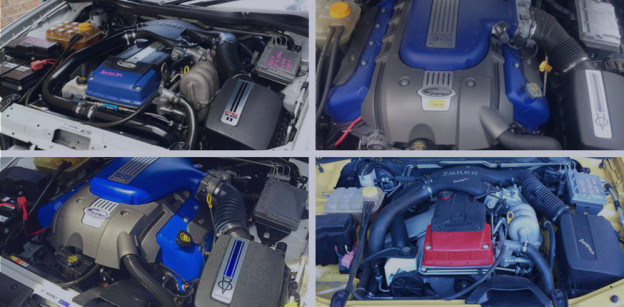
What are Considerations for Buying Used Car Engines?
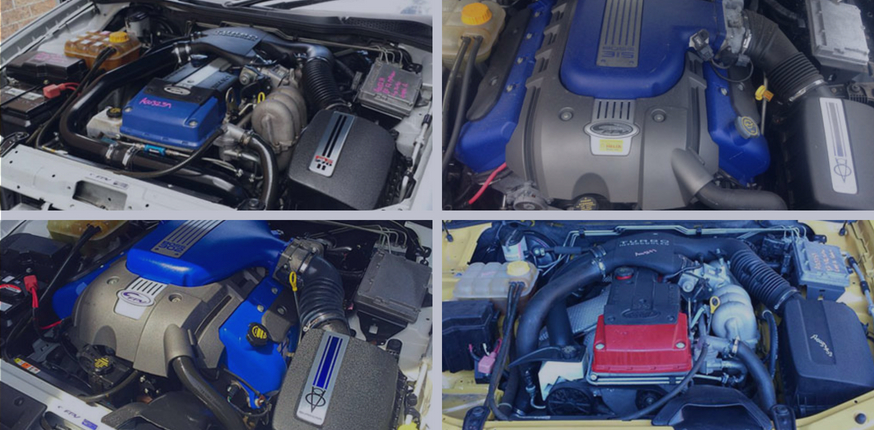
Engines are the heart and soul of any vehicle – if you discover an engine problem with your car then your car has got a real problem. Numerous reasons exist as to why people decide to invest in used car engines. Some want to buy quality used car engine as there is an issue with their existing car engine while others want to buy a new engine to modify their own vehicle.
Well, it is cheaper to buy used Ford engine than buying brand new Ford engine; however, you’ll need to ensure that the engine you purchase is in good working condition. You need to make the right choice when you’re buying a used car engine, as car engines aren’t available at cheap prices always. Regardless of their importance, you can purchase second-hand engines similar to other car parts. Nonetheless, there are many things you’ll require taking into account while buying a re-usable engine for your vehicle.
DETERMINE THE TYPE OF USED FORD ENGINE YOU REQUIRE FOR YOUR CAR
Plausibly, car engines aren’t fully exchangeable. That doesn’t mean that there aren’t any crossovers – two somewhat dissimilar models introduced by the same company within a five year period might be able to make use of the same car engine. As modern engines are more feature-equipped, they are far more intricate; that’s why time-span is critical.
SHORT OR LONG BLOCK ENGINE
One of the important decisions to be made while buying a used Ford engine is whether you require a short block or long block. This is an important consideration because you can get these two variants for the same engine.
HOW DOES SHORT AND LONG BLOCK ENGINE DIFFER?
A short block engine is intended for vehicles where the complete engine isn’t required, just parts of the engine will do. Therefore, a short block engine is generally cheaper. In contrast, a long block engine contains the complete works when it comes to parts: an intact head gasket, cylinder heads, valves, valve springs and camshafts. Installing a long block engine can be done swiftly with ease, and will be a fitting replacement for any old, dated engine.
Nonetheless, before buying the car engine, you should double check to make sure that it’s not any individual engine part that causes the problems. The below-mentioned individual parts all have the capability to deteriorate:
1. ENGINE VALVES
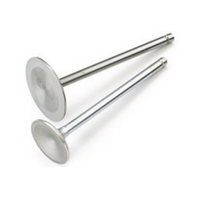
Engine valves work collectively – one takes in the air and fuel mixture and the other one expels exhaust.
2. OIL SUMP
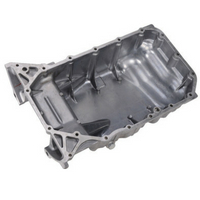
It is also known as the oil pan and surrounds the crankshaft.
3. CRANKSHAFT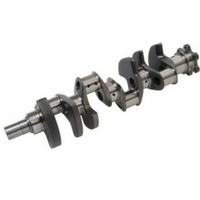
Crankshaft alters upward and downward strokes of pistons into a rotary pattern, facilitating pistons to perform their function.
4. PISTON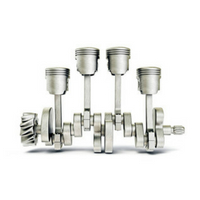
The piston is a part of cylindrical metal, which moves upwards and downwards within the cylinder.
5. PISTON RINGS
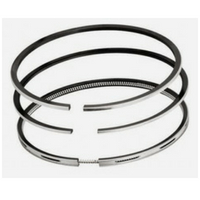
The area between the cylinder’s inner edge and the piston’s outer edge is sealed off by piston rings to avert the leakage of fuel and air into the sump all through the compression and combustion phases.
6. CONNECTING ROD
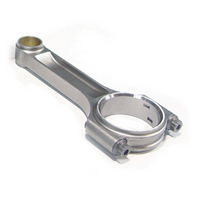 Connecting rod facilitates the crankshaft to be joined to the piston; both ends may revolve to help for full movement of both pistons.
Connecting rod facilitates the crankshaft to be joined to the piston; both ends may revolve to help for full movement of both pistons.
For the engine to operate optimally, each and every individual part needs to flawlessly work. Therefore, before changing the entire engine, inspect the individual parts.
Related – Considerations for Used Spare Parts
CHECK SERVICE HISTORY
It would be great if you can arrange for an expert auto mechanic who can come with you and inspect the engine before you make your purchase. This will ensure you purchase a quality used car engine. Nevertheless, if you aren’t able to perform this, you can at least ask the seller to give engine’s full-service history to ensure you buy the right used car engine.
Moreover, when you go to buy affordable second hand Ford engines, pay attention to extreme signs of deterioration on the shell of the engine, as it could reveal serious problems.
















